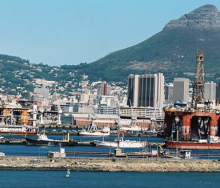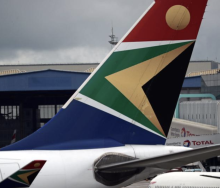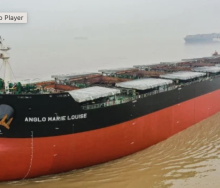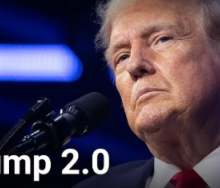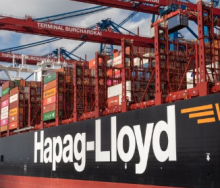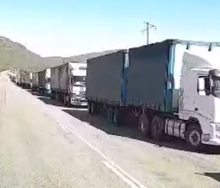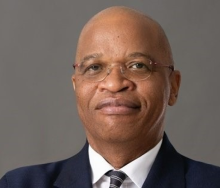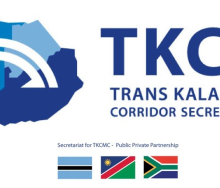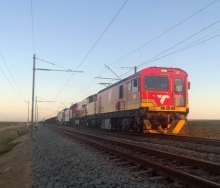As the recession takes its toll on the transport industry, with fleets shutting down as business dries up, a stagnant truck driver pool is failing to attract young people into the sector.
And it appears to be a global problem – even in countries whose economies are booming. In the United States and Australia, for example, they’re facing a massive shortage of truck drivers who are leaving their jobs and demanding higher wages, driving up the cost of transport and goods.
According to the American Trucking Association’s “Trucking Activity Report”, the annualised turnover rate at large truckload carriers rose 4% to 98% in the second quarter of 2018, with the increase for transporters with revenue of $30 million and above at levels last seen in 2015.
The turnover rate for a less than-truckload (LTL) fleet was also up 4% to 14%, the highest quarterly level seen since 2013.
According to ATA, the country had a shortage of 51 000 truck drivers at the end of 2017, up from 26 000 the year before to meet the demand from companies such as Amazon and Walmart to deliver goods nationally.
The crisis is so deep that congress has proposed the controversial Drive-SAFE Act to drop the driver entry level age from 21 to 18. Road Freight Association CEO Gavin Kelly said South Africa was facing the opposite situation regarding driver shortages due to the recession, although there was always a demand for experienced drivers with a good record.
“There is definitely not a growth in transport requiring more drivers. The construction industry has ground to a halt so bricks and cement and windows and doors have ground to a halt and mining has all but ground to a halt. We have seen a number of fleets closing down over the past 18 months,” Kelly said.
He added that truck drivers were not moving jobs for better pay although the industry was always seeking experienced drivers with a good record, and young drivers who did come into the sector were headhunted after they had gained a few years’ experience.
“We have a relatively old driver pool on average because over the last decade or so young people haven't wanted to get into driving, they want to be the manager but they don’t want to be the driver,” Kelly said.
He believes a solution in the future could be the introduction of driverless trucks and automation which would begin to appear, sooner rather than later, in the global market.
“It is going to be a worldwide trend and SA will follow – 60% of fleet operating costs go to fuel and labour and if you can bring those down what is going to be the easiest thing to do, go to electric vehicles and driverless vehicles.”
CEO of Freightliner Transport Durban, Kevin Martin, said the future of transport and driver employment could also see more drivers and transporters working together in legal, registered co-ops where each member was self-employed in a joint venture rather than working as a traditional employee.
http://storage.news.nowmedia.co.za/medialibrary/Feature/6772/FTW-30-November-2018.pdf

